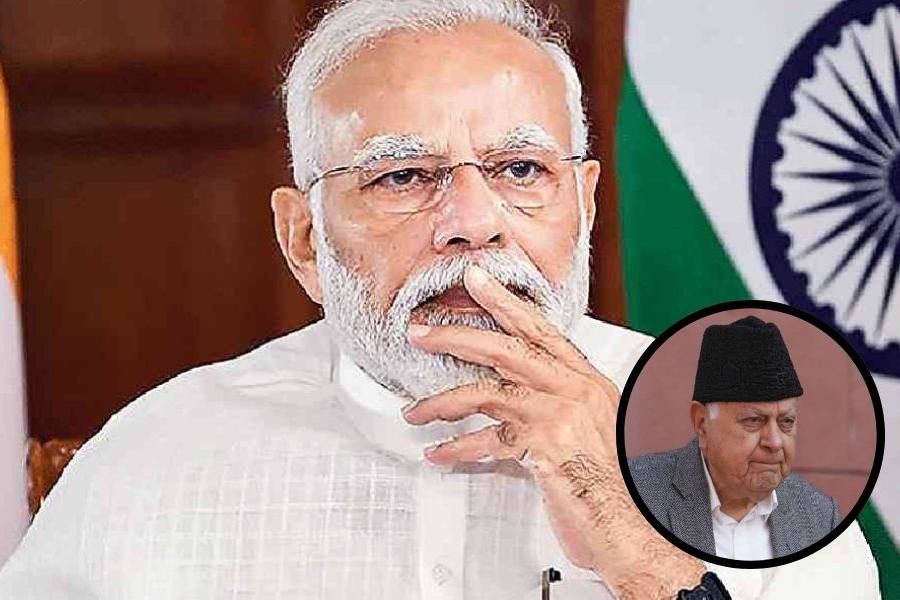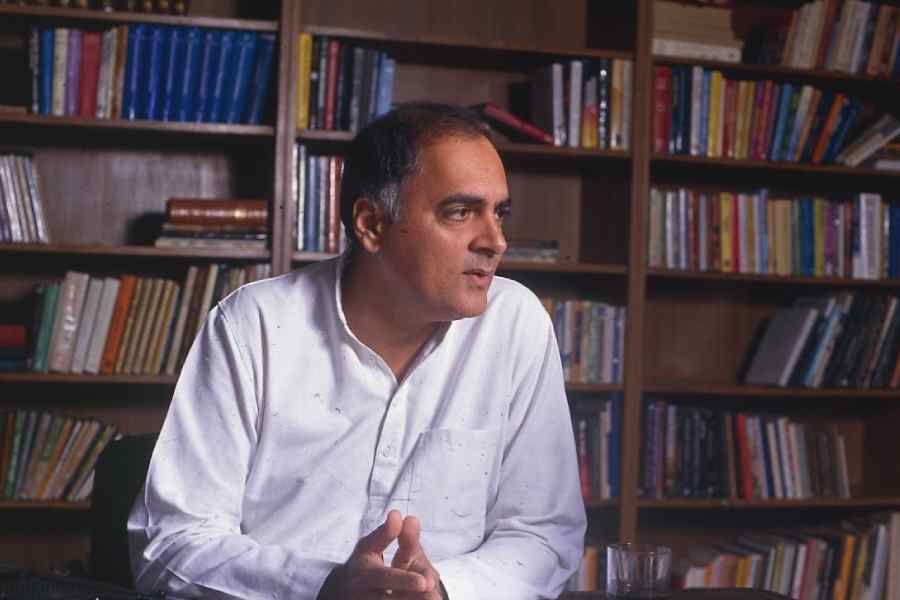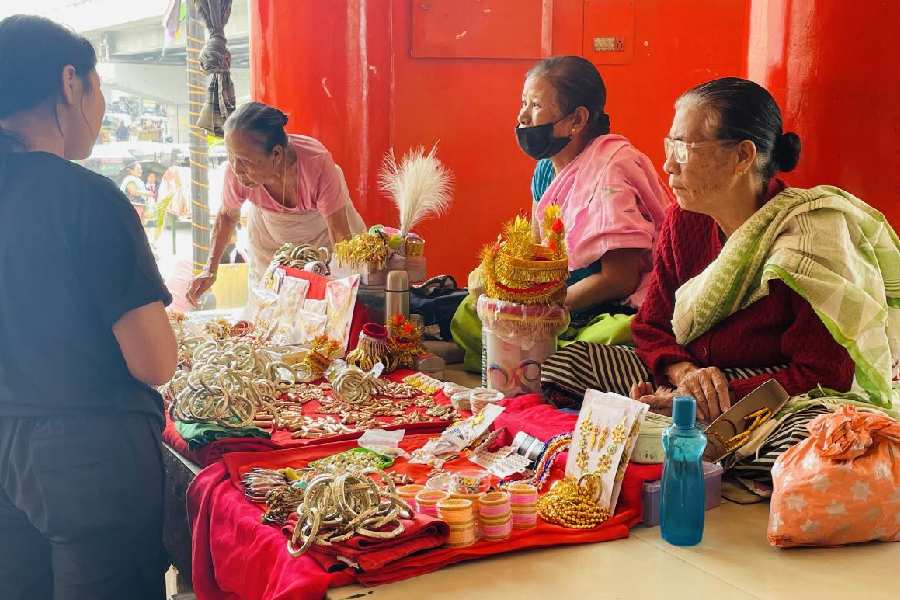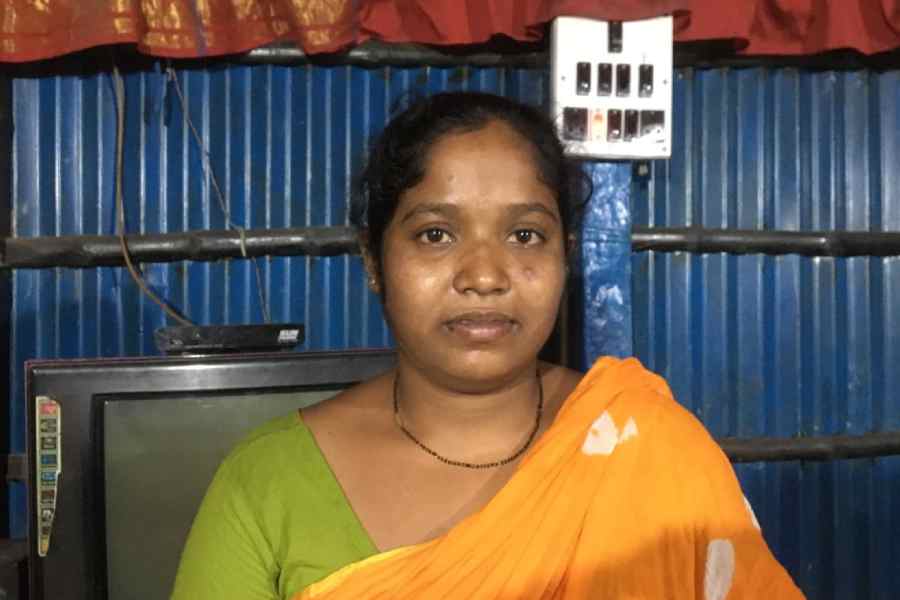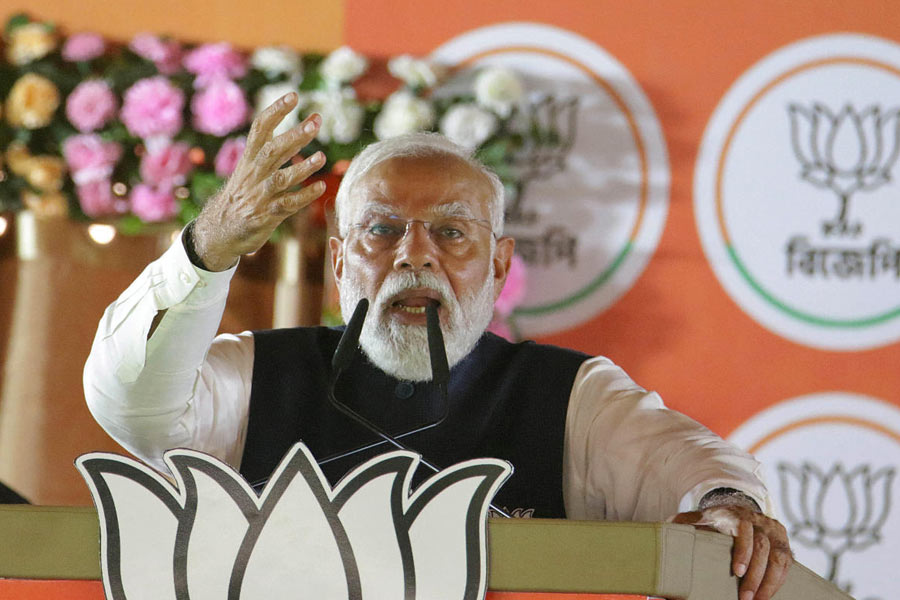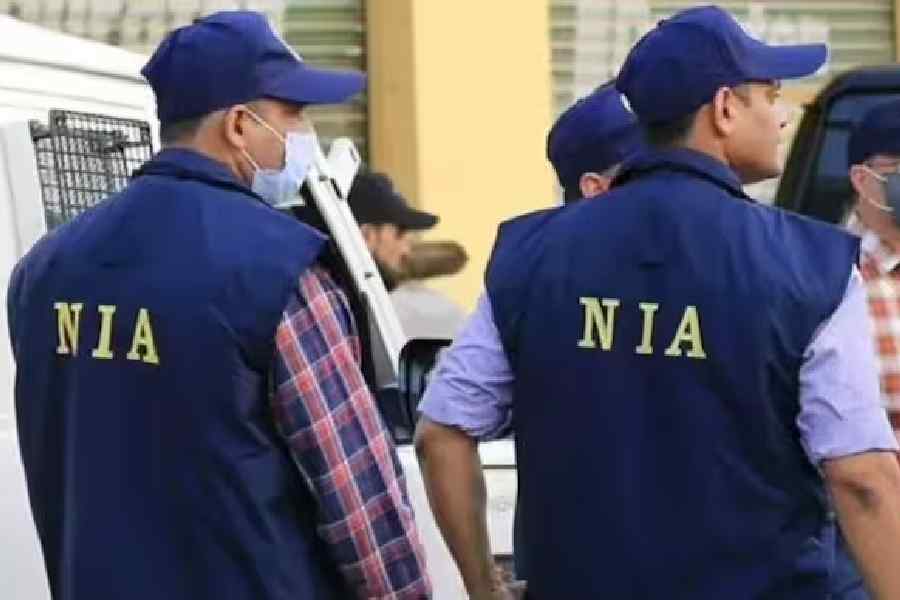The Supreme Court on Tuesday made it clear that its order directing Maharashtra chief minister Devendra Fadnavis to take an “immediate floor test” on November 27 was aimed at preventing “horse-trading”, saying it was incumbent upon courts to step in when the situation arises.
The order has become infructuous since Fadnavis and his deputy Ajit Pawar have both resigned.
But what the directive has done, apart from prompting the hasty resignations, is underscore the importance of speedy Assembly floor tests to curtail “undemocratic and illegal practices within the political arena”.
Governor B.S. Koshyari had on Saturday given Fadnavis 14 days to prove his majority.
Justices N.V. Ramana, Ashok Bhushan and Sanjiv Khanna passed the interim directive while accepting the plea of solicitor-general Tushar Mehta, who was appearing for the Centre, and senior advocate Mukul Rohatgi, representing Fadnavis, that the question of judicial review vis-à-vis the power of the governor and the function of the House would be adjudicated at an “appropriate” stage.
The bench relied upon several past judgments, including that of a nine-judge bench in the historic 1994 S.R. Bommai case where it was held that an “immediate floor test” was mandatory because the Assembly represented the will of the people, not the governor.
“In a situation wherein, if the floor test is delayed, there is a possibility of horse-trading, it becomes incumbent upon the Court to act to protect democratic values. An immediate floor test, in such a case, might be the most effective mechanism to do so,” the bench said, referring to Justice (retd) B.P. Jeevan Reddy’s observation in the Bommai case.
The court referred to Paragraph 395 of the Bommai judgment. “The (Karnataka) High Court, in our opinion, erred in holding that the floor test is not obligatory. If only one keeps in mind the democratic principle underlying the Constitution and the fact that it is the Legislative Assembly that represents the will of the people — and not the Governor — the position would be clear beyond any doubt…. There could be no question of the Governor making an assessment of his own,” the court said.
“In our opinion, wherever a doubt arises whether the Council of Ministers has lost the confidence of the House, the only way of testing it is on the floor of the House except in an extraordinary situation where because of all-pervasive violence, the Governor comes to the conclusion — and records the same in his report — that for the reasons mentioned by him, a free vote is not possible in the House,” the bench added.
The bench, headed by Justice Ramana, recalled the court’s Karnataka ruling in May last year asking chief minister B.S. Yediyurappa to prove his majority on the floor of the House within 24 hours instead of the 15 days he had been given by the governor.
Yediyurappa had resigned after the ruling.
This “Court had emphasised the requirement of imbibing constitutional morality by the constitutional functionaries. Undemocratic and illegal practices within the political arena should be curtailed,” the bench said on Thursday.
The court also referred to its 2016 ruling when it ordered a floor test in the Uttarakhand Assembly. The NDA government had imposed President’s rule in the hill state to prevent Congress leader Harish Rawat from proving his majority.
The bench rejected the Centre’s and Fadnavis’s pleas that no interim order be passed till they had filed their additional affidavits.
“Having heard the submissions of the learned counsel on the issues of maintainability, extent of judicial review and validity of the Governor’s satisfaction, we are of the opinion that they can be adjudicated at an appropriate time. There is no doubt that the contentions have to be answered, as the petitioners have raised questions concerning important constitutional issues touching upon the democratic bulwark of our nation,” the order said.
The court directed the Centre, Fadnavis and Ajit to file additional affidavits within eight weeks and the petitioners — the Shiv Sena-NCP-Congress combine — to file their rejoinder, if any, within four weeks thereafter.


